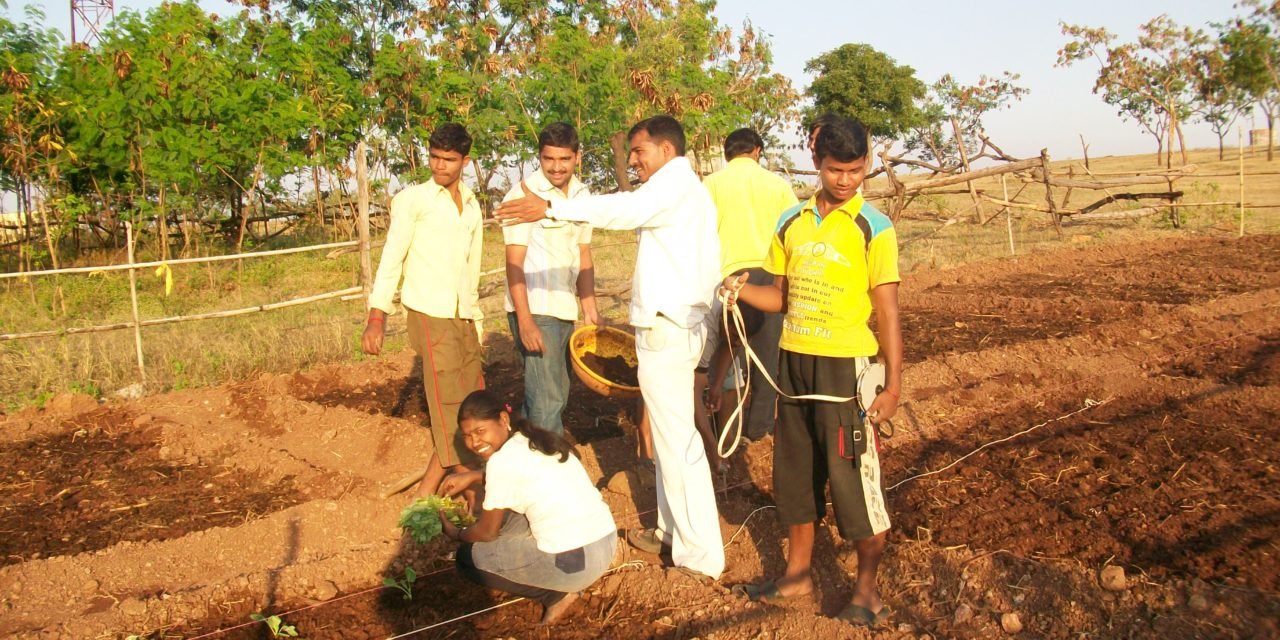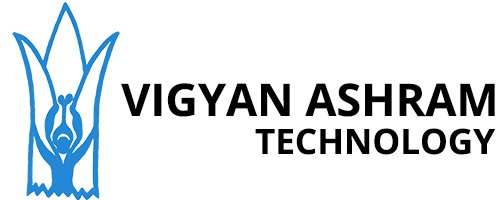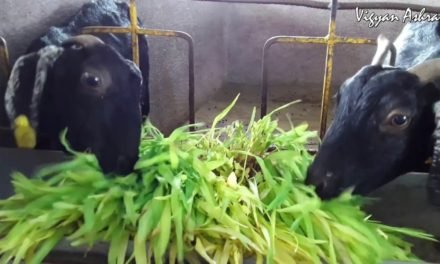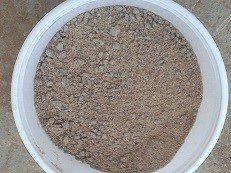The Abundance Farming Project (http://www.abundancefarming.org/) is a social venture based in Portland, Oregon, USA. In the words of founder Paul Osterlund, the AFP seeks to “Offset water scarcity and increase food crop yields and quality for rain-fed farmers in developing economies”.
To help marginal farmers achieve this, the AFP seeks to spread the use of Zeba, a unique starch-based, superabsorbent soil additive. Zeba superabsorbent granules mix with the soil and work by absorbing 500 times their mass in water, so when it rains they store water, then between rains, slowly release 95% of the water. Continuing for a year and more, each hydration cycle stores then releases water and soluble nutrients as the plant needs it. The granules ultimately biodegrade, feeding micro-organisms in the soil. With basic rain-fed farming, this unique starch-based product offers a way for food crops to survive intermittnet rain fall and increase crop yields, so subsistence farmers facing water scarcity grow their way out of poverty.

Vigyan Ashram is working with the AFP to evaluate Zeba in Indian conditions. We recieved a 15-pound shipment of Zeba from the AFP in July, and decided to launch a small trial on capsicum (bell pepper) for the duration of the monsoon season. Open Field trials on cereals and fodder crops were to be conducted after the monsoon season ended. Unfortunately, we have had to call off the capsicum trial after one of the greenhouses with the control plots suffered severe damage due to stormy weather.
Erratic weather has accompanied our association with AFP from the beginning, with a poor monsoon, and major unseasonal storms. Crops across the province (Maharashtra) have suffered as a result. Products like Zeba, therefore, show great promise in India’s vast, yet underserved agri-business market.
Our field trials are due to begin soon, and progress will be updated regularly.
Abundance Farming Project at Vigyan Ashram





